Enroll in the course and gain instant access to materials
Explore foundational and advanced topics through dynamic and engaging video modules.
Apply your knowledge in clinical practice with confidence and precision
The evaluation, diagnosis and management of headache and facial pain disorders are a very important continuing education mission and one of the primary objectives of the Headache Cooperative of the Northeast. The goal of this conference is to increase the requisite skills needed to classify, differentially diagnose, and treat the most common primary and secondary headache disorders. Join us for this exciting symposium and register today!
What You Will Learn from This Course
At the conclusion of this activity, the participants will be able to:
- Describe the classification, diagnosis, treatment alternatives and ways to measure outcome for the common primary headache disorders Examine the most recent evidence for the CGRP modulating agents in the acute and preventive treatment of migraine.
- Examine the various issues in the chronification of migraine including controversies in the diagnosis of medication overuse headache.
- Discuss recent advances in understanding the pathophysiology of migraine and cluster headache
- Describe the avoidance learning model of pain and its relevance to headache disorders.
- Discuss adverse childhood experiences and post traumatic stress disorder and their link to headache disorders
- Discuss the role of the endocannabinoid system to migraine pain and treatment.
- Describe the role of delta opioid receptors as a therapeutic target for migraine and other headache disorders
- Discuss clinical characteristics, pathophysiology, neuroimaging, and treatment considerations for post-traumatic headache
- Describe the role of the cervical nerves in primary headache disorders.
Topics Covered in the Course
Headache Is In The Eye Of The Beholder
Headache Projects
Management of Migraine During Pregnancy and Lactation – A Case-Based Approach
Unraveling the MSG–Headache Controversy – An Updated Literature Review
Sex Differences in Brain MRI of Migraineurs
Should We Be Concerned About Botulinum Toxin Resistance in the Treatment of Migraine?
Avoidance Learning Across Pain and Psychiatric Disorders
Childhood Adverse Experiences, PTSD, and Migraine
Cannabinoids and Migraine
Delta Opioid Receptors as a Migraine Therapeutic Target
Left vs. Right-Sided Headache in Migraine
Cortical Spreading Depression as a Mechanism of Aura and Trigger for Headache – The Debate Continues
The Role of Stigma in Migraine
AI in Headache Medicine
New Daily Persistent Headache
Making Kids’ Headaches Less Painful
A Novel Intervention at C1 – A Pathway to Migraine Anatomy and Future Treatments
Fellows Forum
Who can learn from this course?
Neurologists
Primary care physicians
Psychologists
Nurse practitioners
Physician assistants
Physical therapists
Other healthcare professionals with an interest in headache medicine
Why This Course is Right for You:
Headache and migraine disorders are among the most common—and often most misunderstood—conditions faced in clinical practice. Patients frequently struggle with chronic pain, misdiagnosis, ineffective treatments, and the stigma that surrounds these disorders. As a clinician, staying ahead of the latest science and treatment innovations is essential to improving patient care.
The Boston University 34th Annual Winter Headache Symposium 2024 is designed to give you exactly that advantage.
Practical & Evidence-Based – Gain actionable skills for diagnosing and managing both primary and secondary headache disorders.
Multidisciplinary Approach – Learn from experts across neurology, psychology, primary care, and dentistry.
Cutting-Edge Insights – Explore new therapies like CGRP modulators, cannabinoids, and delta opioid receptor targets.
Future-Focused – Discover how AI and novel interventions are shaping the future of headache medicine.
Holistic Understanding – Deep dive into the psychological, neurological, and anatomical dimensions of headache, including PTSD, childhood trauma, and the role of cervical nerves.
By joining this course, you’ll walk away with advanced tools to improve outcomes for your patients, reduce suffering, and stay at the forefront of headache and migraine treatment.
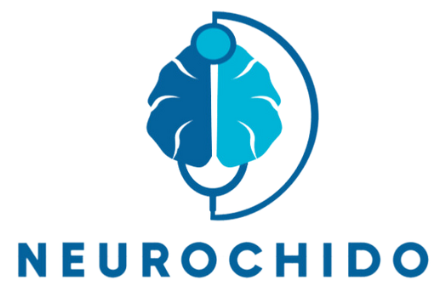
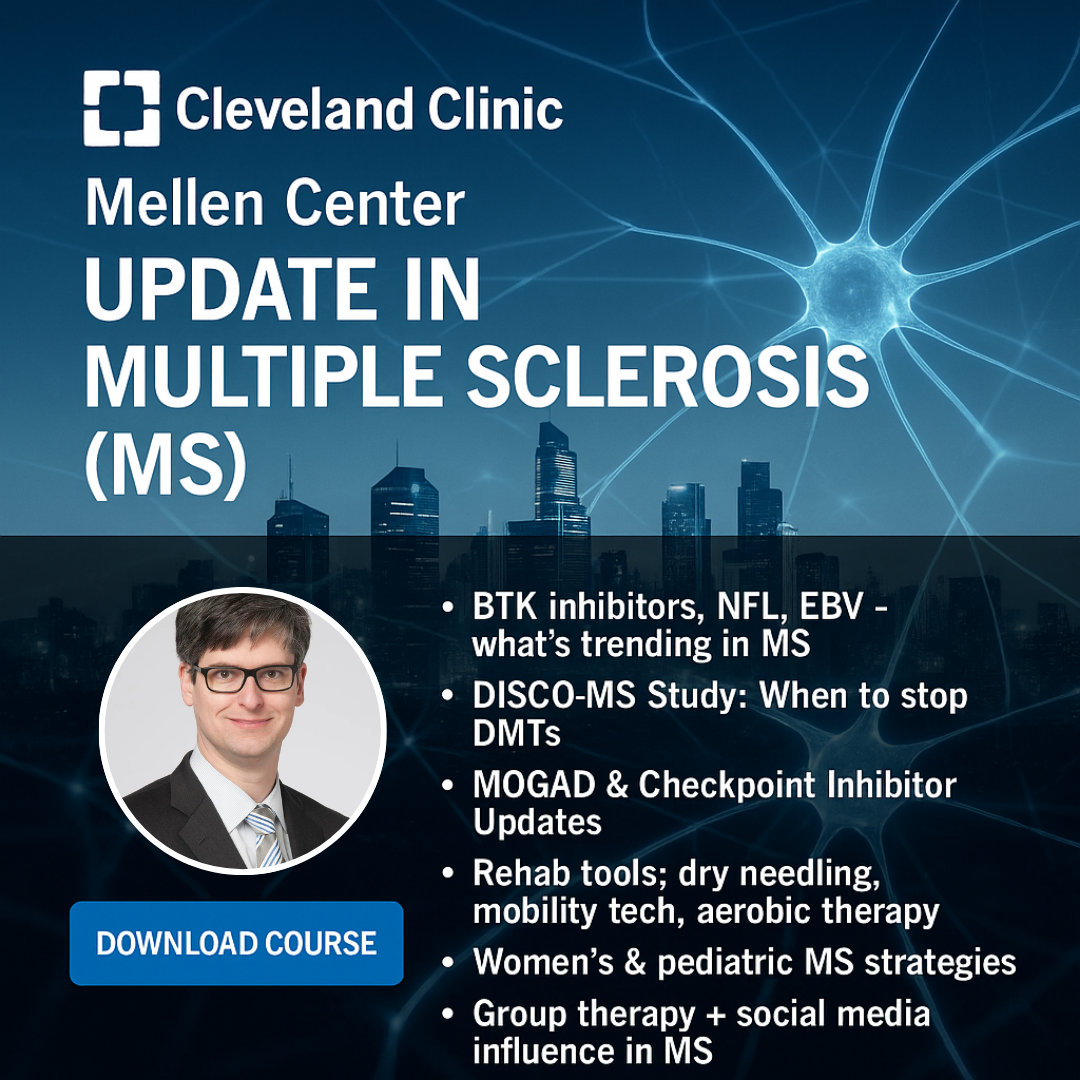
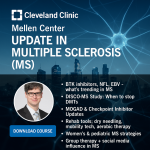
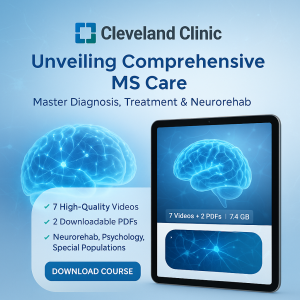
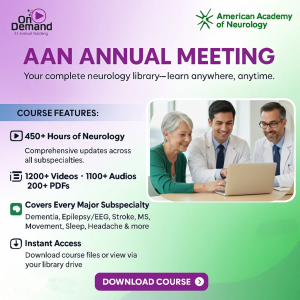
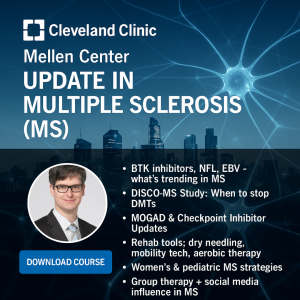
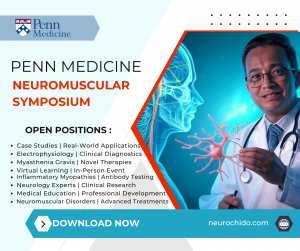
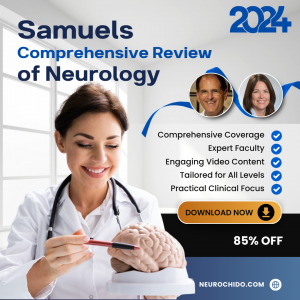
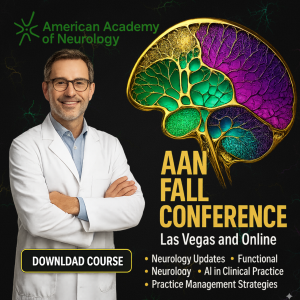
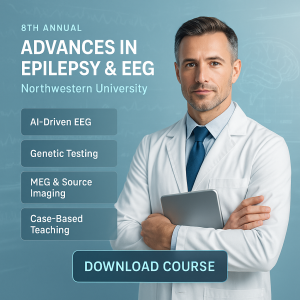
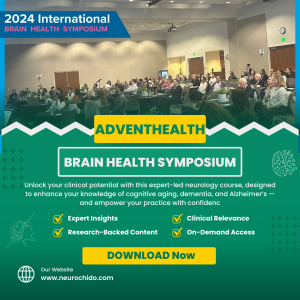
Reviews
There are no reviews yet.